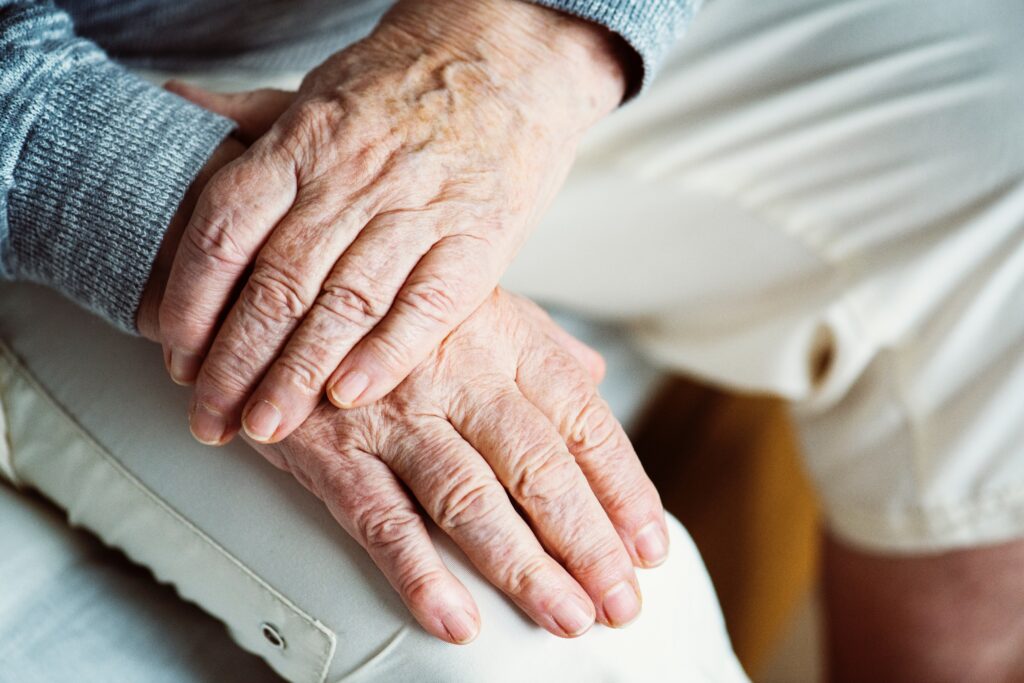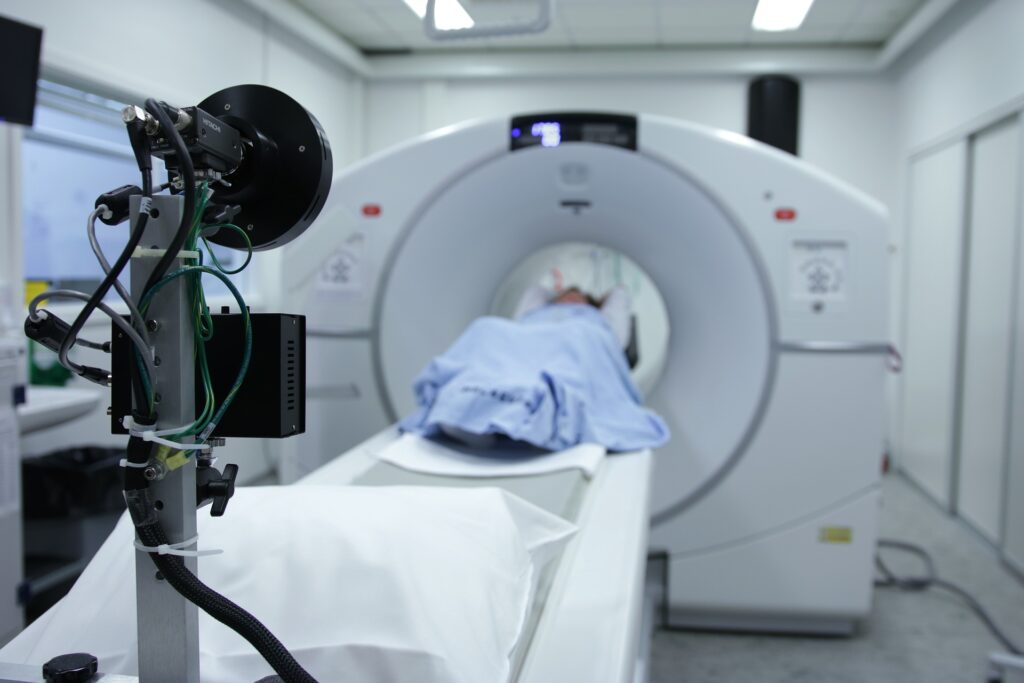While there is no cure for arthritis, there are a number of things you can do to effectively manage the disease. Fighting through arthritis is all about alleviating joint pain, slowing down the disease progression and minimize its effect on your life.

Regularly taking your prescribed medication is important, but it is not the only way to effectively manage arthritis and maintain joint mobility and functionality. In a recent blog post, VeryWellHealth talks about different things that you can incorporate into daily life that will minimize the negative effects of arthritis and allow you to live well with the disease. Some of these methods include:
- Eat a healthy diet full of anti-inflammatory foods, such as berries, leafy greens, beans and seafood
- Participate in regular physical activity to strengthen muscles around joints, improve bone strength and boost energy levels
- Focus on protecting your joints during daily activities by not carrying or lifting excessive weight, balance rest and activities, avoid extra stress on joints and use assistive devices when necessary
- Make an effort to lower your stress levels to prevent a flare-up of arthritis
Adding these small steps into your daily life can have a positive impact on your ability to manage arthritis pain. It’s important to remember that while not all methods will have a noticeable effect, incorporating healthy habits into your daily life will positively impact your overall health as well.










